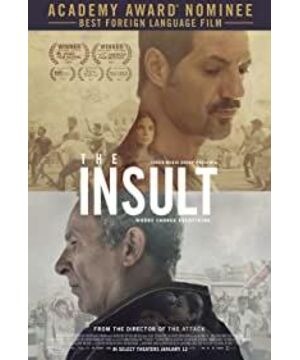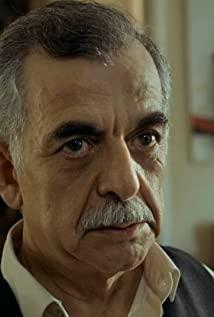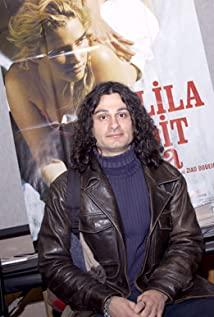(Text / Yang Shiyang)
Movies like "Shame" are naturally topical. Perhaps, from a certain point of view, it does not need to be intentionally created. It can only be arbitrarily intercepted from local life and slightly modified to become a story. A Lebanese Christian, a Palestine refugee, two men with bad temper and stubborn personalities quarreled because of the construction and renovation of a section of water pipe. The dispute escalated little by little, and finally went to court. Different beliefs represent different political forces, and the hatred and confrontation accumulated over the years have been aroused on a large scale, eventually leading to a disaster. From the perspective of narrative form, "Shame" is very similar to the news feature mode that people are familiar with today, a small incision and a deep knife, peeking into the skeleton and texture of society from a small incident. Objectively speaking, the technique of this film is full of ingenuity, especially when the story reaches its climax, the large-scale protests in the society and the confrontation between the two lawyers in the court, as well as the helplessness and confusion of both sides in their private life, this The combination and contrasting writing is nothing new, but beyond the old narrative mode, the moral issues of human hearts, hatred, and reconciliation are much more valuable.
How exactly hatred is constructed and whether it can really be eliminated, this is the most valuable thinking triggered by "Shame". The story begins with a demagogic speech. Tony Hannah sits in the audience with an engrossed expression. He cheers and applauds with the tone of the leader. After the rally, he drives home, showing two details in the car, the rearview mirror. The cross hanging on it and the marching music played on the radio are the source of his two beliefs, one from the sacred heights and the other from the surrounding reality, which together constitute his spiritual world every day. From here, the voice of the radio is always in the story, and when he is arguing with Yasser, a Palestinian refugee, the political radio also resounds on his factory floor, so it becomes clear, Tony Hanna turned his life into a petri dish of hate, consciously or unintentionally. He hung portraits of tough leaders at home and listened to emotional radio at work. This infiltration created a mentality that he was always ready to fight In the state, he lives in the mundane world, but is just the boss of a small auto repair shop, dealing with oil and wrenches every day, but in the spiritual world, he has elevated himself to a warrior. This is the psychological basis for everything that happens after that. And this has raised another issue, is it all the agitation around him that has inspired his hatred, or is there a seed of hatred in his heart, but he just found the right rain? The loss, crampedness, helplessness and hopelessness in real life, as well as the unspeakable pain he had experienced, together tempered hatred. He relied on irritability and aggression to confirm his sense of self-existence. This is not just happening in the Middle East, we can feel it on a daily basis too.
Yasser is an employee of the engineering team, but his refugee status has become the biggest obstacle. In this sense, this dispute is not one person against another person, but one ideology against another ideology , the moment they quarreled, Tony Hannah substituted himself into a larger symbol, a symbol of the Christians of Lebanon, the voice of a community infested by the Palestinian side, and that water pipe is just a lead, which will be buried for a long time. The contradiction of ignited, this is the confrontation of identity and identity, rather than the contradiction between individuals and individuals.
Most of the scenes in "Shame" took place in the courtroom. The cross-examination drama was not only a defense and confrontation, but also a reveal, allowing both parties and the camps behind them to reveal their true thoughts. In the courtroom, the observers behind everyone And those of their respective supporters who extend beyond the courtroom, thronging the streets and roads, used the trial as a rare outlet for self-expression and self-relief, and of course, anger was destined to spark a frenzy. In fact, both Tony Hanna and Yasser are victims, victims of hatred. Their lives were destroyed, their villages were slaughtered, they were driven out, and their fates changed suddenly and out of control. , This vortex spins, involving everyone and throwing everyone off. When they return to their daily lives, they will inevitably stare at each other with unresolved hatred. How to clear this hatred, and what to rely on to cleanse and resist, who can explain? The land was full of calamities, wars, and years of no real peace, as the military leader on TV said, the war was over, but not over in people's memory. Hatred is still rising, how should the hatred in my heart be extinguished?
The end of the story, let everyone breathe a sigh of relief, the verdict of acquittal liberates both parties, who already feel that it all makes no sense after the tired confrontation, but the reconciliation still glows with an idealistic luster, the real world The hatred in the real world will not be easily eliminated. After all, the ending of the happy reunion is a man-made drama. How should the hatred in the real world end?
View more about The Insult reviews











